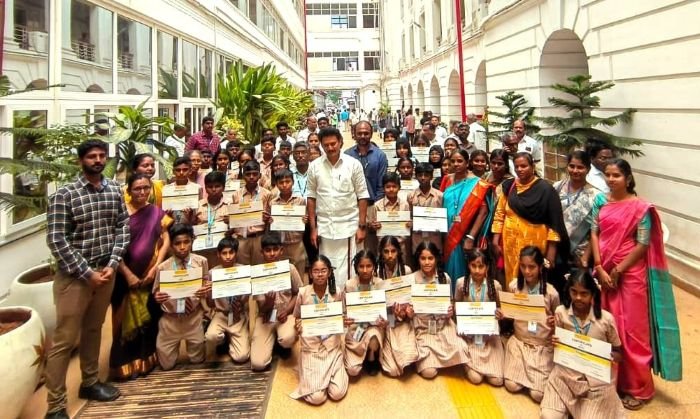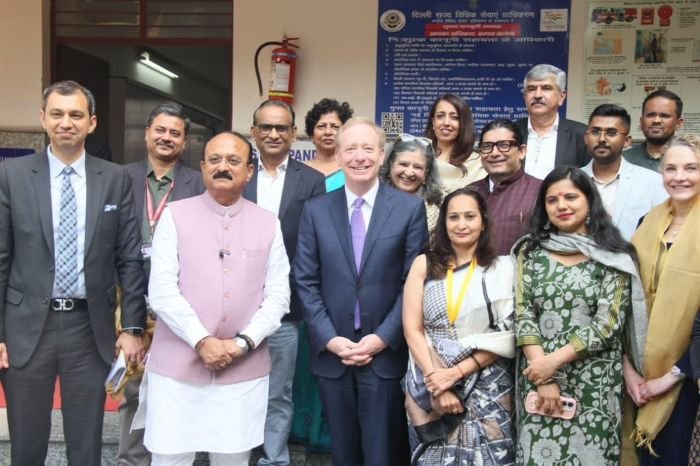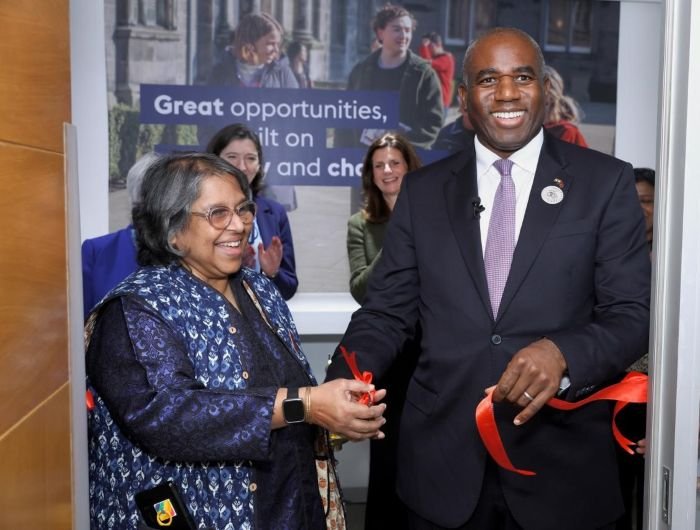In the past a few years especially after the Niti Aayog associated learning outcomes with quality education, there is a mad policy rush to reduce the idea of a child to a learner. The Covid19 pandemic has if anything accelerated that process. In the name of digitalization, marginalization is to become a new normal.
According to Prof. Poonam Batra, Central Institute of Education, Delhi University, under the digitalization (online) regime, both teachers as well as students are likely to lose their agency and the relationship between them will also undergo a big change. Speaking at a webinar titled, ‘Quality Education through Digital Learning?’, organized by RTE Forum, she said, “The disaster capitalists in the name of digital learning have vulgarized inequality in the society and education as a process is being replaced by turning a child into a learner and eventually a consumer and teacher a mere facilitator in it after forfeiting rights of a teacher.” Prof Batra called upon teachers to raise their voice and resist for their rights and agency (intellectual as well as decision making) like they do for late salaries as the new order if allowed to go unchallenged will make them subordinate to technology products and experts.
Giving a historical perspective about the traditional bias in education towards the privileged, Prof Batra referred to counter narratives of the freedom struggle against colonialism and talked about how education was seen as a potent tool for emancipation, equality and a just society. But today you are making all effort to crystallize that exclusion.
She further questioned how education as a process involving the dynamics of socialization, relationships, various experiences, learnings including peer learning, self reflection and participation has been oversimplified to a test outcome. “The whole process has been changed from subjectivity and reflexivity to objectivity to make education a business activity,” she added.
Talking about solutions to continued closures and pandemic scare, she said that the solutions will come from collective endeavor and engagements as it is very difficult to say anything now but it will be to say some sort of ‘formalized informal structure’. “This pandemic has given us an opportunity to adopt essentialist curriculum and a rethink so that all these issues that we’re talking about now will shape our students into better human beings and social relationships,” she said.
Prof. Smriti Sharma, Department of Elementary Education, Lady Shri Ram College, Delhi, who was the other speaker spoke about how parents are pushing online because they always viewed schools as daycare centres allowing them time to go about their work and business. “Now they want their children to shift to occupying screens for the same reason,” she said. She also spoke about a survey of 250 children where an overwhelming 90% said they wanted the coronovirus to go and missing on studies.
The activists feel the people whom they are fighting against and as per them have a hidden commercial agenda in the garb of running nonprofit education foundations, have made it to the government committees and as such are becoming influencers of decisions on education. And therefore, it is very important to run a counter narrative about dangers to national objectives of education especially in this pandemic.







